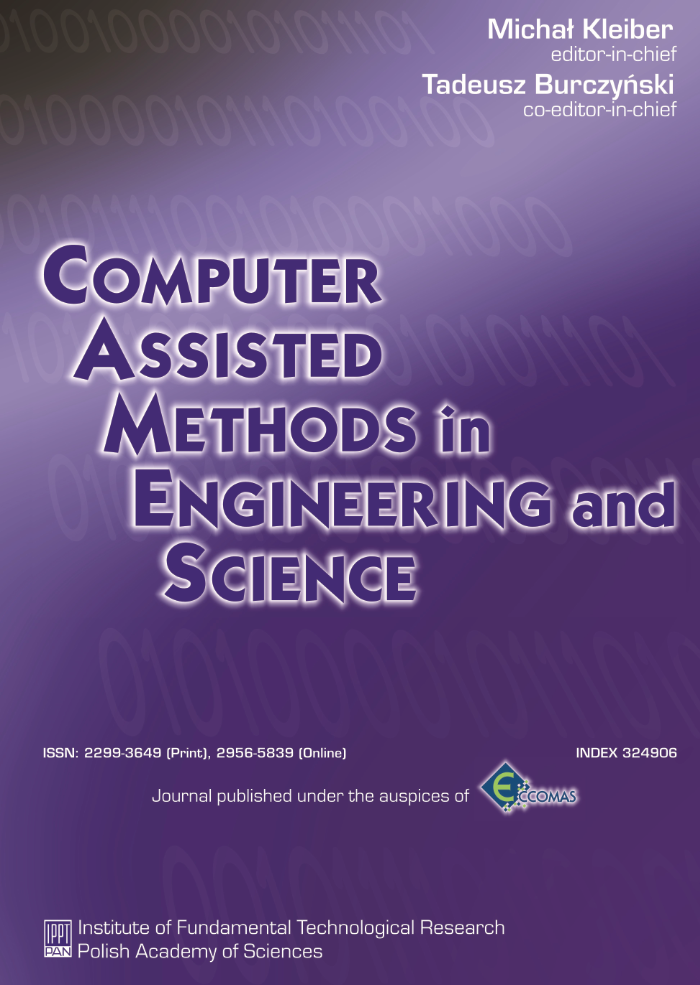Preface to Special Issue on Digital Twin Empowered Internet of Intelligent Things for Engineering Cyber-Physical Human Systems
Abstract
This special issue entitled Digital Twin Empowered Internet of Intelligent Things for Engineering Cyber-Physical Human Systems contains a collection of selected papers all discussing the state-of-the-art cyber-physical human systems, artificial intelligence techniques, biomedical engineering and optimization algorithms. All the articles published in this special issue were accepted for publication after a careful peer-review process to fulfill the standard quality requirements and fall within the journal’s scope.
Keywords:
Internet of Things, Intenrent of Intelligent Things for Engineering, Cyber-Physical Human SystemsReferences
2. D. Verma, S. Agrawal, A novel framework for fetal nuchal translucency abnormality detection using hybrid maxpool matrix histogram analysis, Computer Assisted Methods in Engineering and Science, 30(3): 277–290, 2023, https://doi.org/10.24423/cames.631.
3. B. Mohan Rao, A. Kumar, Congestive heart failure detection based on electrocardiomatrix method with ECG signal, Computer Assisted Methods in Engineering and Science, 30(3): 291–304, 2023, https://doi.org/10.24423/cames.644.
4. T. Balamurugan, E. Gnanamanoharan, Brain tumor classification in MRI images using genetic algorithm appended CNN, Computer Assisted Methods in Engineering and Science, 30(3): 305–321, 2023, https://doi.org/10.24423/cames.649.
5. W. Pakhira, R. Kumar, F.C. Panwala, K.M. Ibrahimi, Microfluidic design for continuous separation of blood particles and plasma using dielectrophoretic force principle, Computer Assisted Methods in Engineering and Science, 30(3): 323–345, 2023, https://doi.org/10.24423/cames.653.
6. K.M. Ibrahimi, R. Kumar, W. Pakhira, F.C. Panwala, Enhanced design and analysis of microcantilever-based bio-sensor to detect carcinoembryonic antigen tumor biomarkers, Computer Assisted Methods in Engineering and Science, 30(3): 347–367, 2023, https://doi.org/10.24423/cames.654.
7. S.R. Karanam, Y. Srinivas, S. Chakravarty, A supervised approach to musculoskeletal imaging fracture detection and classification using deep learning algorithms, Computer Assisted Methods in Engineering and Science, 30(3): 369–385, 2023, https://doi.org/10.24423/cames.682.



